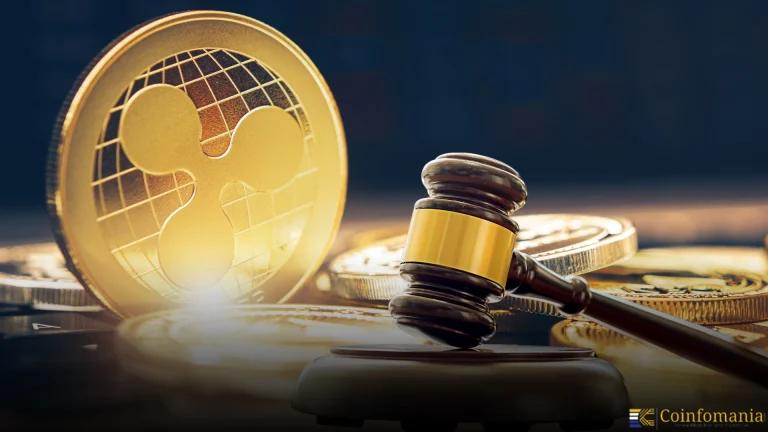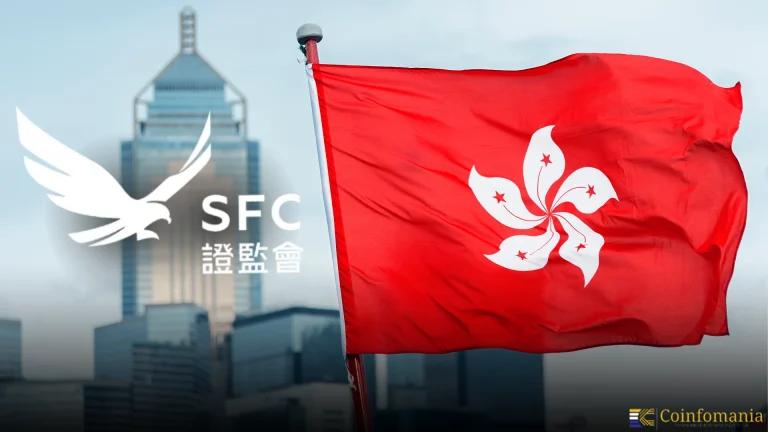Cryptocurrency Regulation in Slovakia
The Slovakian crypto market is in a peculiar place. Virtual-asset service providers (VASPs) are legally regulated with the form of a trade-licence regime run by the Ministry of Interior but are already under current obligations at EU level in the form of the Fifth Anti-Money-Laundering Directive (5MLD) and future Markets in Crypto-assets Regulation (MiCA). Meanwhile, […]

The Slovakian crypto market is in a peculiar place. Virtual-asset service providers (VASPs) are legally regulated with the form of a trade-licence regime run by the Ministry of Interior but are already under current obligations at EU level in the form of the Fifth Anti-Money-Laundering Directive (5MLD) and future Markets in Crypto-assets Regulation (MiCA). Meanwhile, another law (Bill No. 706), dated 2025, will automatically introduce tax information exchange to cryptocurrency transactions as of 1 January 2026 with the DAC8 directive of the EU.
Historical Context
2013 Central-bank alert: The National Bank of Slovakia advised its citizens that Bitcoin was not a legal currency and illegal emission of currency was a criminal activity.
March 2018 Taxation: The ministry of Finance issued Guideline MF/10386/2018-721 to collect taxes on all exchanges and sales of virtual currencies as short-term financial assets.
October 2019 5MLD transposition: Act 297/2008 (AML Act) was amended and exchanges and wallet providers became an obligated entity and subject to KYC, risk assessment and suspicious-transaction reporting.
September 2023 CMS report: The legal counsel has made sure that no special licence is required to operate as a financial-services provider; the VASPs are still relying on the trade-license register as the regulators prepare for MiCA.
June 2024 MiCA enters into force: The key MiCA regulation will begin to be phased in the EU; the Slovak authorities will begin to draft local alignment regulations.
June 2025 Bill No. 706 becomes law of the Parliament: The new law brings DAC8 into force and crypto-asset service providers must provide cross-border transaction information as of 2026.
Regulatory Framework
The main bodies that are involved in the control of Slovakia are four:
Ministry of Interior (Trade-Licensing Office): they will issue the trading licence under section 82a (exchange) and 82b (wallet-custody) of the Trade Licensing Act; it will keep the register of VASPs accessible to the general population.
Financial Intelligence Unit (National Crime Agency): The receiver of AML/CTF reports as per Act 297/2008.
Ministry of Finance / Tax Directorate: Sets tax policy and implements the DAC8 crypto-reporting system.
National Bank of Slovakia (NBS) The National Bank of Slovakia is the prudential supervisor of mainstream financial licences as well as issues notices of consumer-risk on crypto.
Taxation
According to the 2018 guideline, profits on crypto are treated as ordinary income by individuals and corporations (21% corporate, 15% small taxpayer), though tokens received by mining are off-balance-sheet until sold.
AML
VASPs must identify their clients, maintain documents over five years and file a suspicious-activity report of any money transfer involving crypto connections of over approximately EUR 8,000.
Slovakia Crypto Policies
Legal status: It is legal to own or trade crypto. Digital assets are not accepted as legal tender; payment of the invoices can only be made in euros or another accepted fiat currency.
Mining: Permitted without any special license, but the costs of electricity and zoning regulations restrict industrial-scale farms.
Exchanges: Any company providing exchange or custodial wallets in a continuous profit-making nature must acquire the corresponding trade license and adhere to the AML regulations. There is no need to have a separate financial services license unless the firm deals in derivatives or portfolio management, which activates MiFID II.
State projects: The government is not piloting a CBDC, but the Ministry of Finance has indicated its support of the European Central Bank digital-euro workstream.
Crypto Innovation Method
The tech ecosystem of Bratislava is biased toward low-cost payment rails and custodial wallets, which are aimed at freelance workers and cross-border gig workers. Start-ups are adding SEPA instant-payment gateways to allow clients to exchange stablecoins to euros in a few minutes. Other developer teams based at the Slovak University of Technology are also experimenting with land-registry applications on public blockchains to exercise future regulatory sandboxes.
Key Challenges and Issues
- Bank de-risking: VASPs are then commonly denied accounts by domestic banks and have to turn to EU fintechs to get euros.
- Regulatory limbo: Start-ups are experiencing a period of fluctuating compliance standards until MiCA is fully implemented in 2025.
- Tax burden: The corporate rate of 21 % is a flat rate; full VAT on goods purchased with crypto reduces the adoption at the retail level.
- Market size: Market size is constrained by a lack of venture capital and 5.4 million population, driving talent to overseas locations.
- Increase in cybercrime: Cases of phishing and investment scams against new retail users have been increased, stated by the police.
Important Regulatory Trends and Prospects
- MiCA alignment: Amendment proposals will provide National Bank supervision of larger CASPS and place capital requirements of EUR 50,000-150,000.
- DAC8 roll-out (2026): As of May 2026, VASPs will be required to report transaction data to the government semi-annually (31 May, 30 September) or be fined.
- Local AML officer requirement: Slovak VASPs have to ensure that a resident anti-money-laundering officer is appointed once the MiCA evergreen rules are enforced.
- EU passporting: The MiCA licence granted in Slovakia will make it possible to serve clients in the European Economic Area directly, which will increase the competitiveness of the sector.
- Possible ESG disclosures: Policymakers are looking at energy-usage reporting of miners in accordance with upcoming EU sustainability regulations.
Conclusion
Slovakia has opted to take a pragmatic, trade-licence approach to the early crypto-regulation until the full harmonisation of MiCA. The structure is speedy and cheap, nevertheless, companies have to undergo stringent AML investigations, tax reporting and pending DAC8 data responsibilities. Entrepreneurs who put money in governance, capital buffers and cross-border tax compliance early will be in the best position when the one-size-fits-all EU licence is obligatory in 2025-2026.
FAQs
1. Is cryptocurrency a legal tender in Slovakia?
No. It should be paid in euros or other well-known fiat currency; crypto is classified as non-material property.
2. Is a licence required to operate a crypto exchange?
Yes. You are required to have a Slovak trade licence in the items 82a (exchange) and/or 82b (wallet custody) and the fulfilment of AML rules.
3. Which capital is needed?
There is no minimum in the current trade license rules, but a limited-liability company must have a share capital of at least 5,000. Additional own-fund thresholds can be enacted by draft MiCA alignment.
4. What is the tax on crypto gains?
Profits qualify as ordinary income: 19% or 25% on individuals (progressive) and 15% or 21% on companies according to turnover.
5. Do mining operations have regulations?
Mining is both legal and unlicensed, although the operators should observe general business and environment regulations.
6. Is stablecoin permitted?
Yes, under Title III, the issuers will require a MiCA stablecoin licence and supervision of NBS.
7. What is DAC8, and what is the start date?
DAC8 brings crypto into the EU tax information exchange. Slovakia Bill 706 comes into effect on 1 January 2026, and initial statements should be filed in May 2026.
8. Is data storage in Slovakia obligatory on VASPs?
No current data-localisation provision, but there should be ready access to AML data by the Slovak authorities on request.
9. Is it possible to pass a MiCA licence into Slovakia by a foreign firm?
Yes. Once MiCA takes full effect, a notification is all that will be required to offer Slovak clients to any EU-authorised CASP.
10. Where is the register of the public VASPs?
The authorised entities are recorded in the Trade Register of the Ministry of Interior; it is possible to search the entities by name or by their identification number.
Follow us on Google News
Get the latest crypto insights and updates.
Related Posts

Ripple Highlights Custody as Key to $18.9T Tokenized Assets by 2033
Shweta Chakrawarty
Author

Hong Kong SFC Issues New Custody Rules for Crypto Platforms
Shweta Chakrawarty
Author

South Korea and Vietnam eye $150B trade despite Trump tariff
Shweta Chakrawarty
Author